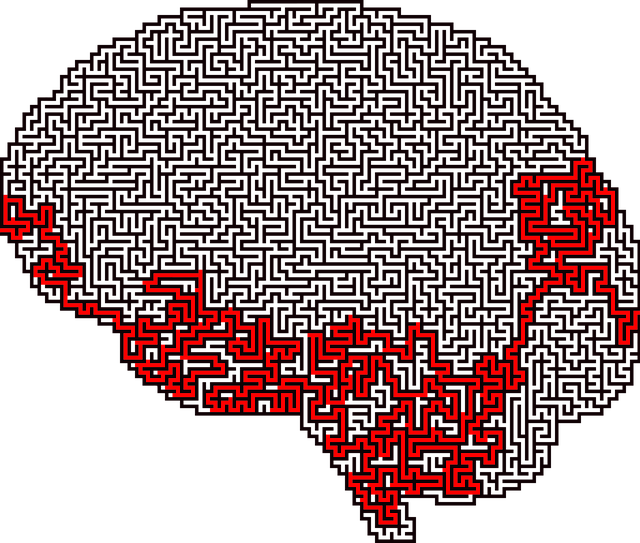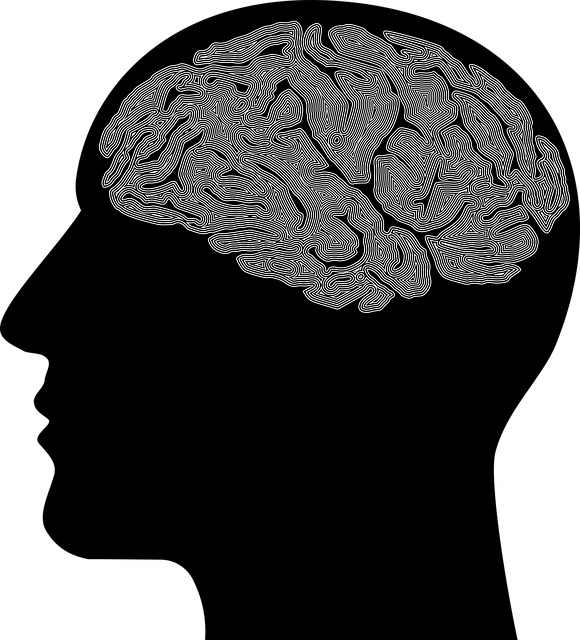Stress, a complex response to triggers, negatively affects both mental and physical health, potentially worsening conditions like Parker Functional Neurological Disorder (PFND). Effective management is key, with strategies including stigma reduction, self-care routines, public awareness campaigns, and specialized treatments like PFND Therapy. This therapy focuses on the brain-nervous system connection, utilizing advanced neuroimaging and personalized approaches considering cultural backgrounds and individual experiences. Communication strategies and mindfulness meditation empower individuals to handle stress, while professional support through PFND Therapy offers comprehensive solutions for improved mental health and well-being.
Stress management is a vital skill in today’s fast-paced world, and understanding its neurobiological underpinnings can empower individuals. This article explores effective strategies for tackling stress, with a focus on the Parker Functional Neurological Disorder Therapy (PFNDT) approach. We delve into the science behind stress and its brain impact, offering insights to navigate life’s challenges. By examining PFNDT techniques, readers gain practical tools to manage stress, fostering resilience and enhancing overall well-being. Discover how these methods revolutionize stress mitigation, providing a comprehensive guide for personal growth.
- Understanding Stress and Its Impact on the Brain
- The Parker Functional Neurological Disorder Therapy Approach
- Practical Techniques for Effective Stress Management
Understanding Stress and Its Impact on the Brain

Stress is a complex response that affects both our mental and physical well-being. It arises from various sources, including work pressures, financial worries, or personal challenges, triggering chemical changes in the brain. Over time, chronic stress can lead to significant health issues, impacting cognitive functions and even exacerbating conditions like Parker Functional Neurological Disorder (PFND). Understanding these mechanisms is pivotal in adopting effective management strategies.
The impact of prolonged stress on the brain is profound, leading to structural and functional alterations. Research suggests it can disrupt neural circuits involved in emotion regulation and memory formation, potentially deepening the cycle of anxiety and depression. However, with the right tools and support, individuals can learn to navigate these challenges. Mental Illness Stigma Reduction Efforts play a crucial role here, fostering environments where seeking help is encouraged, while Self-Care Routine Development for Better Mental Health becomes an essential aspect of managing stress levels effectively. Public Awareness Campaigns Development further contributes by educating communities about the signs, causes, and available treatments, thereby promoting early intervention and improved outcomes.
The Parker Functional Neurological Disorder Therapy Approach

The Parker Functional Neurological Disorder Therapy (PFNDT) Approach focuses on addressing the root causes of stress and related disorders by examining their physiological and neurological underpinnings. This therapy emphasizes the intricate connection between the brain, nervous system, and the body’s response to stress. By utilizing advanced neuroimaging techniques and a deep understanding of neuroscience, PFNDT offers a comprehensive approach to healing. The method is tailored to each individual, considering their unique experiences and cultural backgrounds, as recognized in the importance of Cultural Sensitivity in Mental Healthcare Practice.
PFNDT incorporates effective communication strategies, which are vital for building trust between healthcare providers and clients. This therapeutic approach encourages open dialogue, ensuring that clients feel heard and understood. Through this process, individuals gain insights into their stress responses, enabling them to develop personalized coping mechanisms. The PFNDT model also emphasizes the role of support systems and can facilitate Healthcare Provider Cultural Competency Training to better serve diverse client populations, making it a comprehensive and inclusive method for managing stress and related neurological disorders.
Practical Techniques for Effective Stress Management

Managing stress effectively is a vital skill to navigate life’s challenges, especially for individuals with conditions like Parker Functional Neurological Disorder (PFND). While each person’s experience with stress is unique, several practical techniques have proven beneficial across the board. One such evidence-based approach is Communication Strategies, which empower individuals to express their feelings and needs assertively, fostering healthier relationships and reducing the impact of stressful situations.
Additionally, integrating Mindfulness Meditation into daily routines can significantly enhance stress management. This practice encourages individuals to focus on the present moment, calming the mind and reducing reactivity to stressors. By cultivating a mindful approach, one can develop a greater sense of resilience, ensuring better Burnout Prevention and overall well-being. These techniques, when combined with professional support like Parker Functional Neurological Disorder Therapy, offer comprehensive strategies for navigating life’s demands and promoting mental health.
Stress management is a valuable skill that can significantly improve overall well-being. By understanding the impact of stress on the brain, we can employ effective techniques like those taught in the Parker Functional Neurological Disorder Therapy approach. This comprehensive method offers practical tools to navigate and manage stress, fostering resilience and enhancing quality of life. Adopting these strategies allows individuals to take control, reduce anxiety, and improve their mental health journey.














